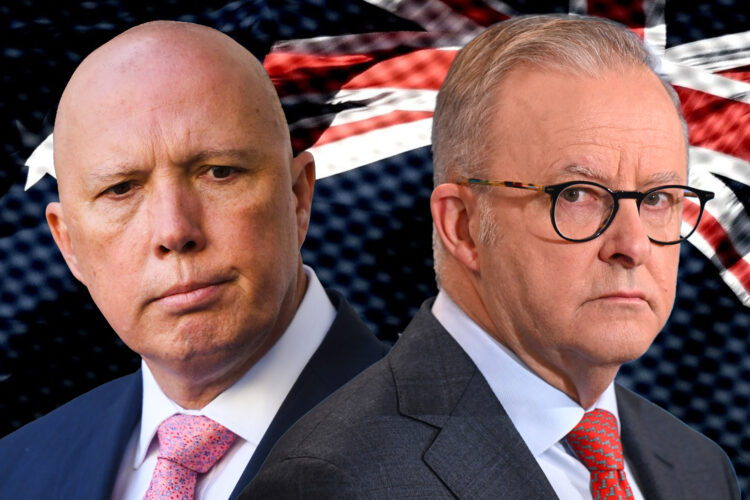The facts behind the Trump tariff ‘pause’
Well overnight we saw a big change in Trump’s market manipulation strategy….oh sorry “trade policy”. He paused for 90 days (but really who knows) the new tariffs which he announced a week ago and which came into effect a day ago on all nations except China. This is rather meaningless for Australia because by “pause” Trump means just putting a blanket 10% tariff on all imports, which is what Australia already had.
This is not some masterful gambit by the big-brained President. It is an acknowledgment that his plan was tanking the US stock market, and even worse was sending US Treasury bond yields soaring. That is bad because it not only was going to cause interest rate in America to rise, and also increase the cost of paying US government debt, but it signalled that global investor were no longer treating the US currency as a safe harbour.
So, he reversed his position. This has nothing to do with anyone wanting to do a deal. The entire world knows with Trump all you have to do is make it sound like you will do a deal, let him tell his gullible supporters that he has won and then you go back to doing what you were doing.
By keeping the tariff at 10% Trump has still made everything more expensive for US residents and businesses. It’s just that things are not as bad as they were yesterday, so not surprisingly the market soared.
The big upshot though of this is that no businesses will ever move operations from China or Vietnam or India or anywhere to the USA. Why would you? Big companies make decisions for the next 2 decades, Trump couldn’t even keep to his policy for a week. There is no reason to move a factory from Vietnam to the USA when before you have even started building the factory the reason for doing so is completely gone.
Because traders are sheep, the ASX looks set to open strongly – maybe up 6%. This is more about perception than reality. Nothing has changed for Australian companies and given the increased tariffs on China, you could argue things are worse. But because the US market soared, everyone will assume the Australian markets will – at least initially – soar, and so that will happen.


Loading form…